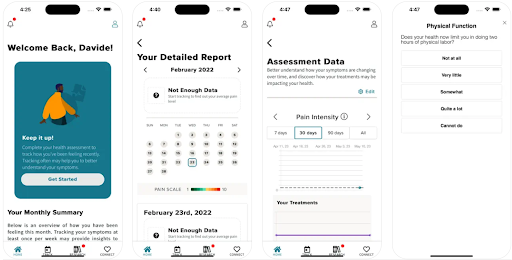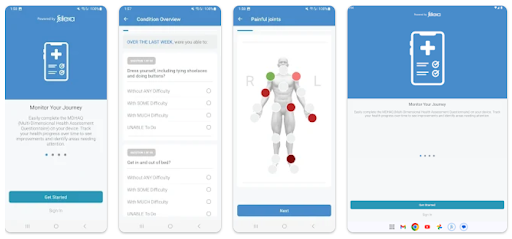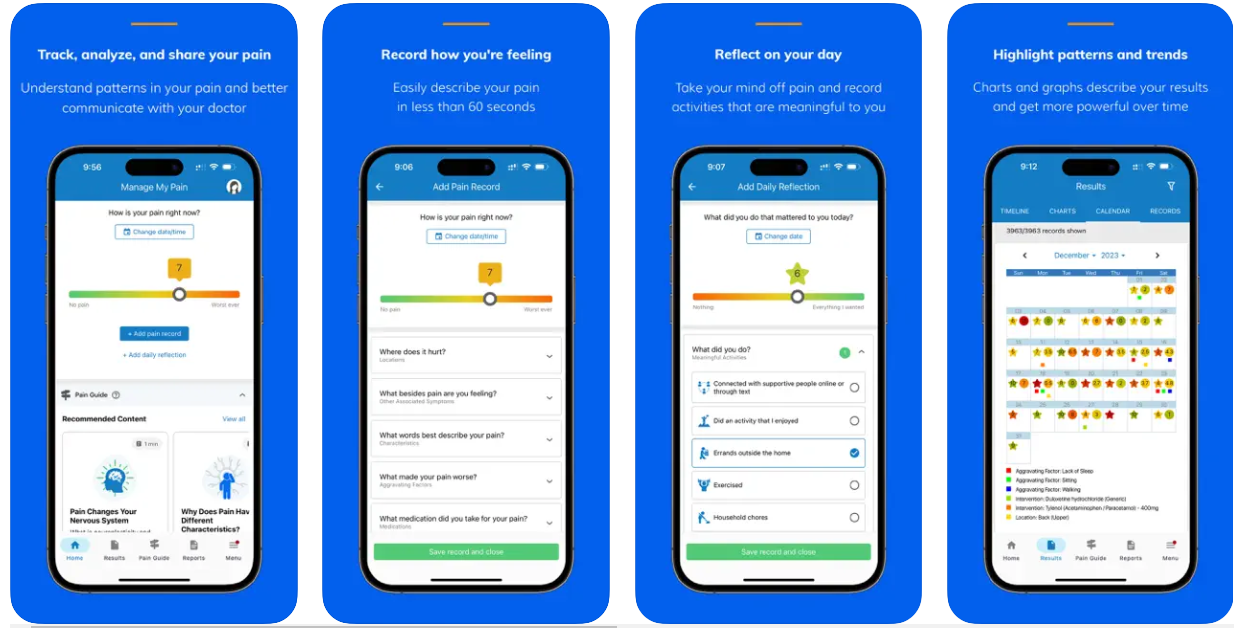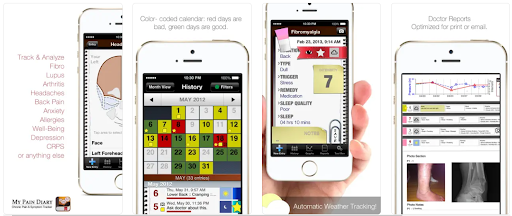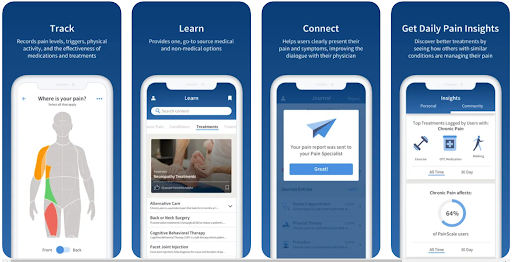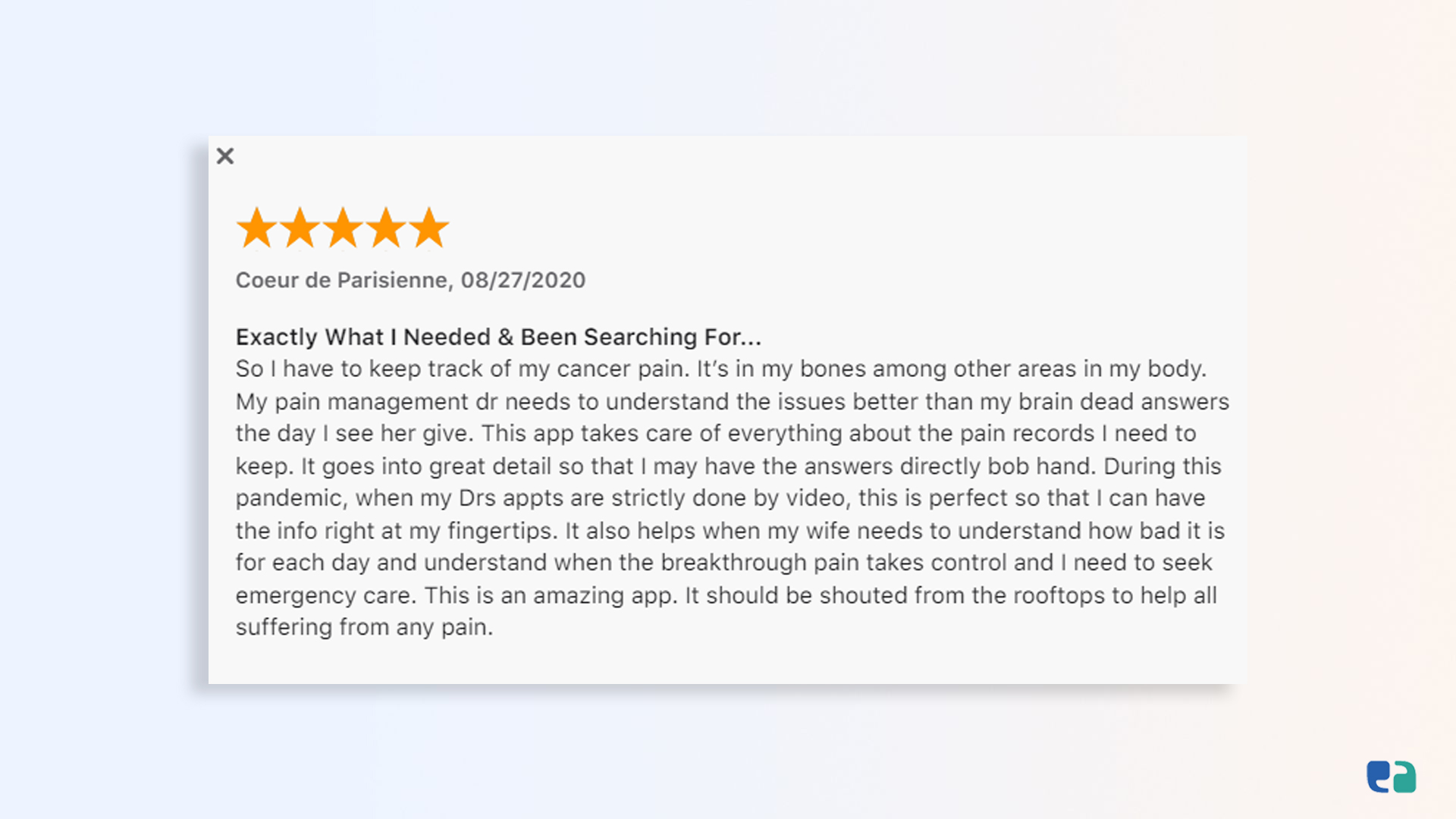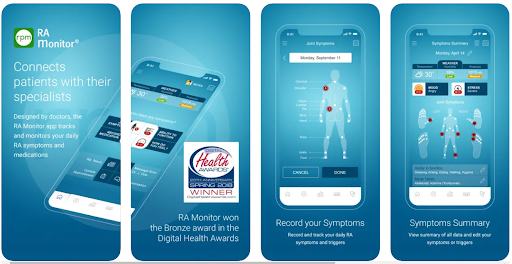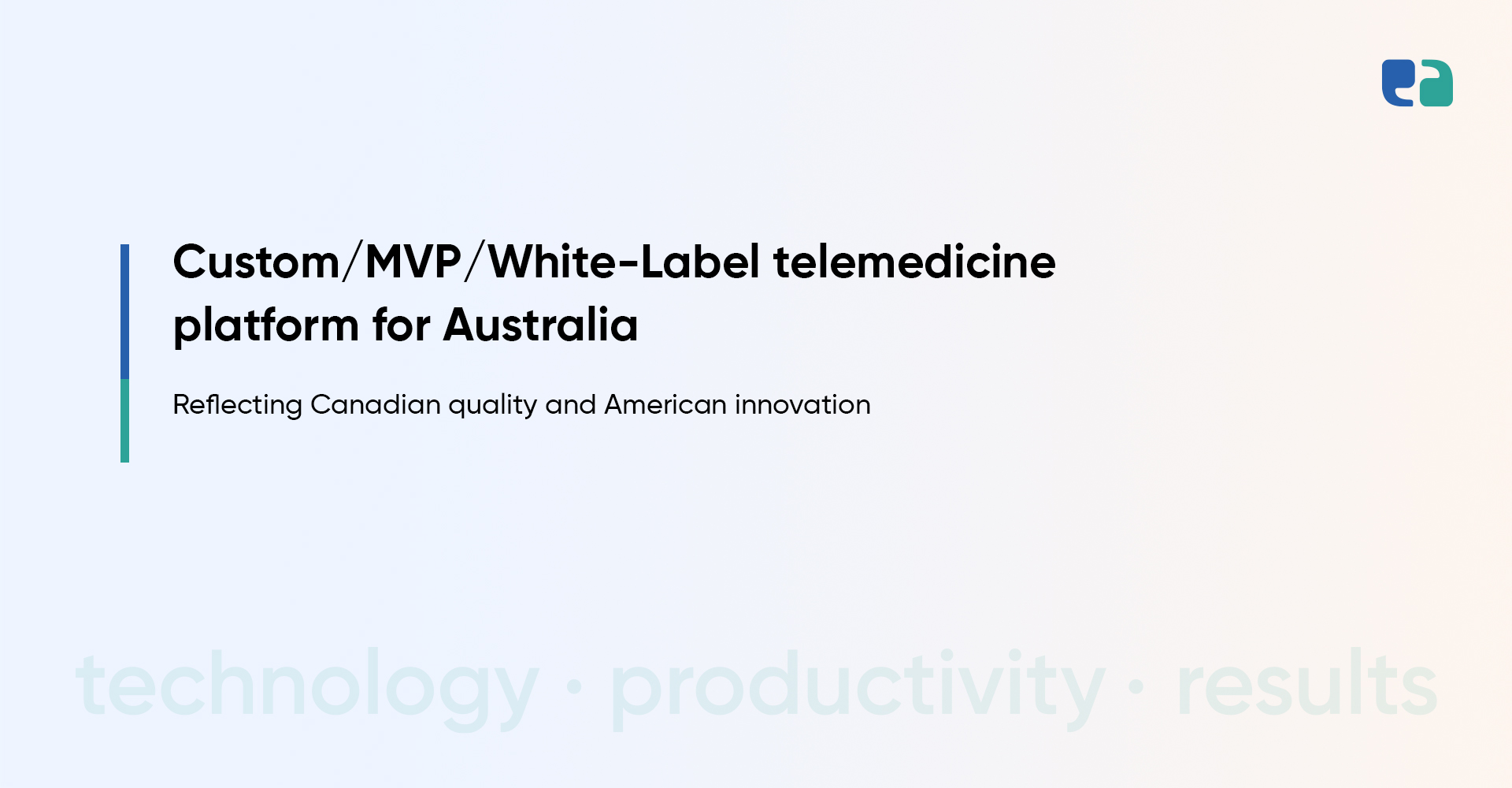Elsa Science app, founded in 2017 in Sweden, set out with a mission to connect people living with Rheumatoid Arthritis (RA).
It’s not just a tool for tracking symptoms—it’s a platform that brings together patients, families, doctors, and researchers to share experiences and support each other.
This idea has resonated so strongly that Elsa Science recently raised $8 million in funding to expand its reach and impact.
If you’ve ever thought about building an app that could provide this kind of support, you’re in good company.
Whether you’re someone living with RA, a healthcare professional, or a tech entrepreneur, you understand the difference a well-designed app can make.
In this blog, we’ll share five simple tips, along with insights from top experts, to help you create an RA management app that truly helps people.
“We need to capture what’s going on,” explains Rajat Bhatt, a rheumatologist in Richmond and Pearland, TX. “Apps are very good at gathering historical data, how the patient is doing between doctor’s visits — not necessarily at the time of the doctor’s visit. It’s very useful.”
The Growing Market for Rheumatoid Arthritis Management
The global market for rheumatoid arthritis (RA) treatments is on the rise, with an estimated value expected to reach $53.1 billion by 2031.
This growth, at a compound annual growth rate (CAGR) of 5.6%, is fueled by the increasing number of promising RA therapies in development and the rapid uptake of newly approved drugs worldwide.
RA is a condition that impacts millions of people globally, with the World Health Organization (WHO) highlighting that the incidence of RA increases with age.
Women, in particular, are more prone to developing RA.
Approximately 1–2% of the world’s population is affected by RA, and sadly, about one-third of all patients may become severely disabled within 20 years of being diagnosed.
This growing demand for effective RA treatments and the ongoing advancements in therapies present a significant opportunity for those looking to develop innovative solutions, such as mobile apps, to support RA management.
By creating a tool that complements these treatments, you can play a crucial role in improving the lives of people living with RA.
6 Popular Apps for Managing Rheumatoid Arthritis
Here are six popular apps designed to help with Rheumatoid Arthritis (RA) management:
Building an App for Rheumatoid Arthritis: 5 Tips and Insights from Top Experts
Creating an effective mobile app for Rheumatoid Arthritis (RA) means blending practical features with expert advice.
Here are five key tips to help you develop a successful RA management app, along with insights from top experts.
Top 3 Development Options for Your Rheumatoid Arthritis (RA) App
Choosing the right development approach is key to creating a successful and user-friendly app. Here are three top options to consider, each with its own benefits:
Monetizing Your RA App: Strategies for Success
Turning your Rheumatoid Arthritis (RA) app into a profitable venture involves several monetization strategies. Here’s how you can make it work:
By choosing the right combination of these monetization strategies, you can create a sustainable business model for your RA app while delivering meaningful value to users.
Building Your RA App: How We Can Help
Developing a successful RA app involves more than just coding; it’s about creating a tool that genuinely supports patients and fits seamlessly into clinical workflows. Here’s how we can assist you in turning your vision into reality:

